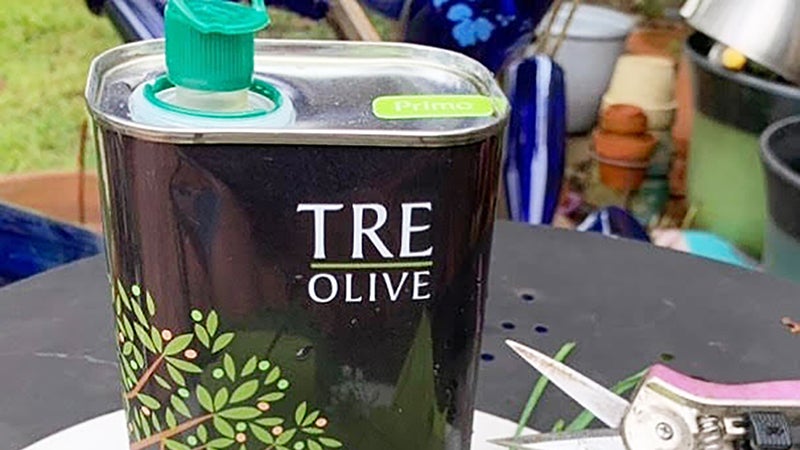HEALTHY LIVING — Don’t get caught by the flu
Published 12:02 am Friday, September 6, 2019
On a recent wellness check at the doctor, the very first words out of the nurse’s mouth were, “Have you had your flu shot?” Remember when there was a flu season? Times have certainly changed. Flu season is now year round. I was surprised to see that in the second week of school, one local school district had 21 diagnosed cases of flu, 19 in the same school!
I cannot stress enough the importance of getting that flu shot. Flu vaccines have been updated to better match circulating viruses [the B/Victoria component was changed and the influenza A(H3N2) component was updated]. For the 2018-2019 season, the nasal spray flu vaccine (live attenuated influenza vaccine or “LAIV”) is again a recommended option for influenza vaccination of persons for whom it is otherwise appropriate. The nasal spray is approved for use in non-pregnant individuals 2–49 years old. There is a precaution against the use of LAIV for people with certain underlying medical conditions. Ask your doctor what will work best for you.
There are many different flu viruses and they are constantly changing. The composition of U.S. flu vaccines is reviewed annually and updated as needed to match circulating flu viruses. Flu vaccines protect against the three or four viruses (depending on vaccine) that research suggests will be most common. For 2018-2019, trivalent (three-component) vaccines are recommended to contain:
- A/Michigan/45/2015 (H1N1)pdm09-like virus
- A/Singapore/INFIMH-16-0019/2016 A(H3N2)-like virus (updated)
- B/Colorado/06/2017-like (Victoria lineage) virus (updated)
Options this season include:
- Standard dose flu shots. These are given into the muscle. They are usually given with a needle, but two (Afluria and Afluria Quadrivalent) can be given to some people (those 18 to 64 years old) with a jet injector.
- High-dose shots for older people.
The new flu vaccine will be available, according to the Center for Disease Control and Prevention, by the middle of September. It takes about two weeks after vaccination for antibodies that protect against flu to develop in the body, so make plans to get vaccinated early, before the current flu season begins. The CDC recommends that people get a flu vaccine by the end of October. Getting vaccinated later, however, can still be beneficial and vaccination should continue to be offered throughout flu season, even into January or later. Children who need two doses of vaccine to be protected should start the vaccination process sooner, because the two doses must be given at least four weeks apart.
The CDC recommends a yearly flu vaccine for everyone 6 months of age and older as the first and most important step in protecting against this serious disease.
In addition to getting a seasonal flu vaccine, you can take everyday preventive actions like staying away from sick people and washing your hands to reduce the spread of germs. If you are sick with flu, stay home from work or school to prevent spreading flu to others. In addition, there are prescription medications called antiviral drugs that can be used to treat influenza illness.
Get your flu shot early, protect yourself and your loved ones.
Jody Holton writes about health and wellness for The Port Arthur News






